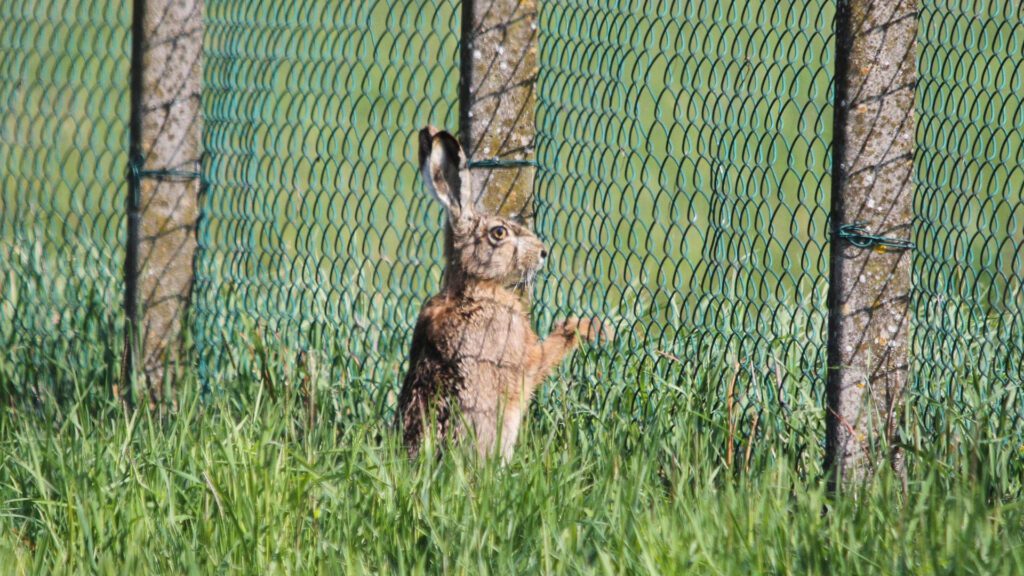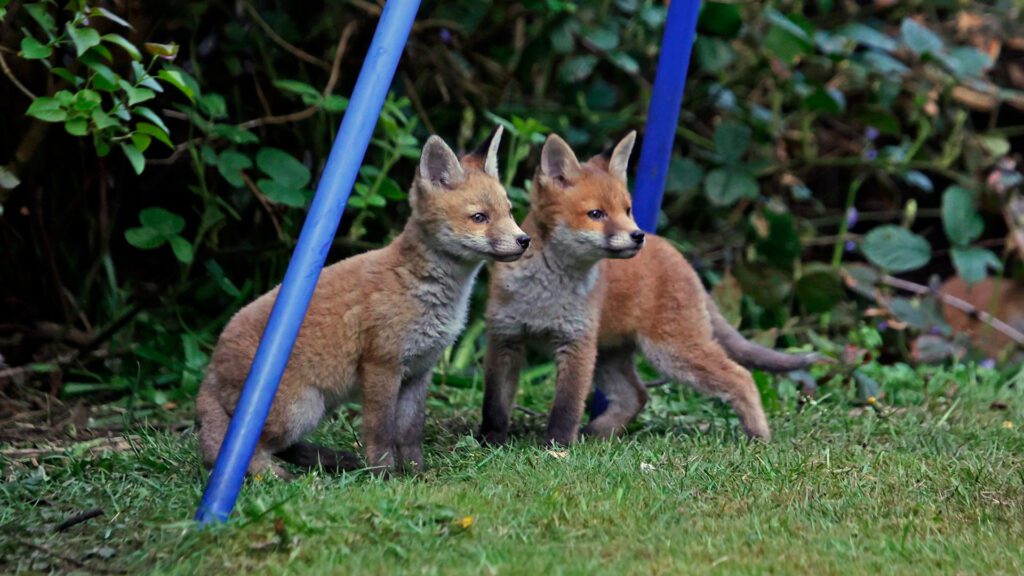Do you have furry little visitors digging holes in your yard? While rabbits might look cute, their burrows can be a real problem for homeowners.
Check out this article to understand rabbit burrows, how to prevent their creation, and early signs to look for.
Understanding Rabbit Behavior Behind Infestation
Rabbits are social creatures that thrive in groups. They can produce up to 12 kits in a single litter and bury them underground. This practice makes their survival easy by hunting food without any worry.
Places where rabbits may build a warren include high vegetation such as lettuce, carrots, or tall grass.
Here’s How To Destroy Rabbit Burrows
Well, it sucks having a rabbit population at your property. But if you have decided to take strict action, we’re here to help you with our step-by-step guide!
Step No.1: Warren Ripping
Before starting the ripping process, strategize the area, time, cost, and, most importantly, other non-target animals with the same habitat.
Warren ripping is the most cost-effective method to minimize rabbit numbers faster.
The ideal time to carry out the ripping process is in summer when rabbits are not reproducing.
Ripping warrens should be avoided around rocky areas or riverbanks.
Mechanical equipment such as bulldozers, backhoes, and excavators are used to destroy warren systems.
Step No.2: Repellents For Rabbit Control
Rabbits don’t just look cute but have super sniffers? Their noses are powerful and can detect scents humans can’t even imagine.
This is why using smells such as garlic, basil, or pepper can be an excellent way to keep rabbits from digging your garden. You can also use a predators’ urine as a way to scare them off.
Step No.3: Fumigation To Prevent Rabbit Infestation
Fumigants use toxic gases such as aluminum phosphide as pesticides to exclude rabbits from personal properties.
Dig openings into the soil using shovels to ensure the fumigation process heavily impacts the rabbit population.
Step No.4: Using Explosives On Rabbit Warren
Explosives are an expensive technique for effectively controlling rabbit production. When dealing with wild rabbits, targeting the warren entrance can significantly reduce the number of rabbits on your property.
These can be carried out in rural areas with a smaller population nearby, and permits are required to use explosives.
Step No.5: Install a Fence To Deter Rabbits

To start, you’ll need some chicken wire and stakes. Chicken wire is a type of wire mesh perfect for making fences because it’s tough for rabbits to chew through, and the holes are small enough to prevent them from squeezing in.
When setting up the rabbit-proof fence, drive a stake into the ground, about 18 inches deep and secure the chicken wire around it.
It is important to check your fence regularly for any signs of damage or holes. Over time, the weather or other animals might create gaps that rabbits could use to get through.
Step No.6: Trapping To Get Rid of Rabbits
Consider using live traps as the most humane way to capture rabbits. Remember, rabbits like congregating around the garden, especially where they find food.
Once you catch the rabbits, relocate them to a suitable location away from your garden.
Step No.7: Contacting Pest Control Organizations To Protect Your Property
Lastly, if you still can’t get rid of these stubborn rabbits, call pest management services for help.
These rabbit control programs are effective at keeping rabbits safe away from harm, while protect the small animal’s habitat.
4 Signs of Rabbit Infestation
If you can’t decide whether it’s a rabbit or some other small animal, look for these visible signs:
Rabbit droppings: Spotting any piles of around 1cm, brown or green.
Fur: Younger rabbits have soft coats, which can leave some fur behind.
Tree trunks: Stripped tree trunks can indicate the presence of rabbits in the area.
Burrows: The rabbit problem becomes evident when there are deep burrows near slopes or riverbanks.
Rabbit Control: Future Prevention
Now that the rabbits are removed, here are a few tips to prevent them in the future!
Habitat Management
Create environments that are less inviting for rabbits. Reduce dense vegetation and tall grasses where they can hide.
Fencing Solutions
Install rabbit-proof fences to deter burrowing.
Natural Predators

Encourage the presence of hawks and foxes to help keep rabbit populations in check.
Plant Selection
Choose rabbit-resistant plants for gardens. Avoid favorites like clover, lettuce, and carrots.
Repellents
Use commercial or homemade repellents to deter rabbits from entering gardens and yards.
Regular Monitoring
Regularly check your property to identify signs of rabbit activity early and take action when necessary.
Population Control
Consider humane trapping and relocation methods to manage local rabbit populations effectively.


